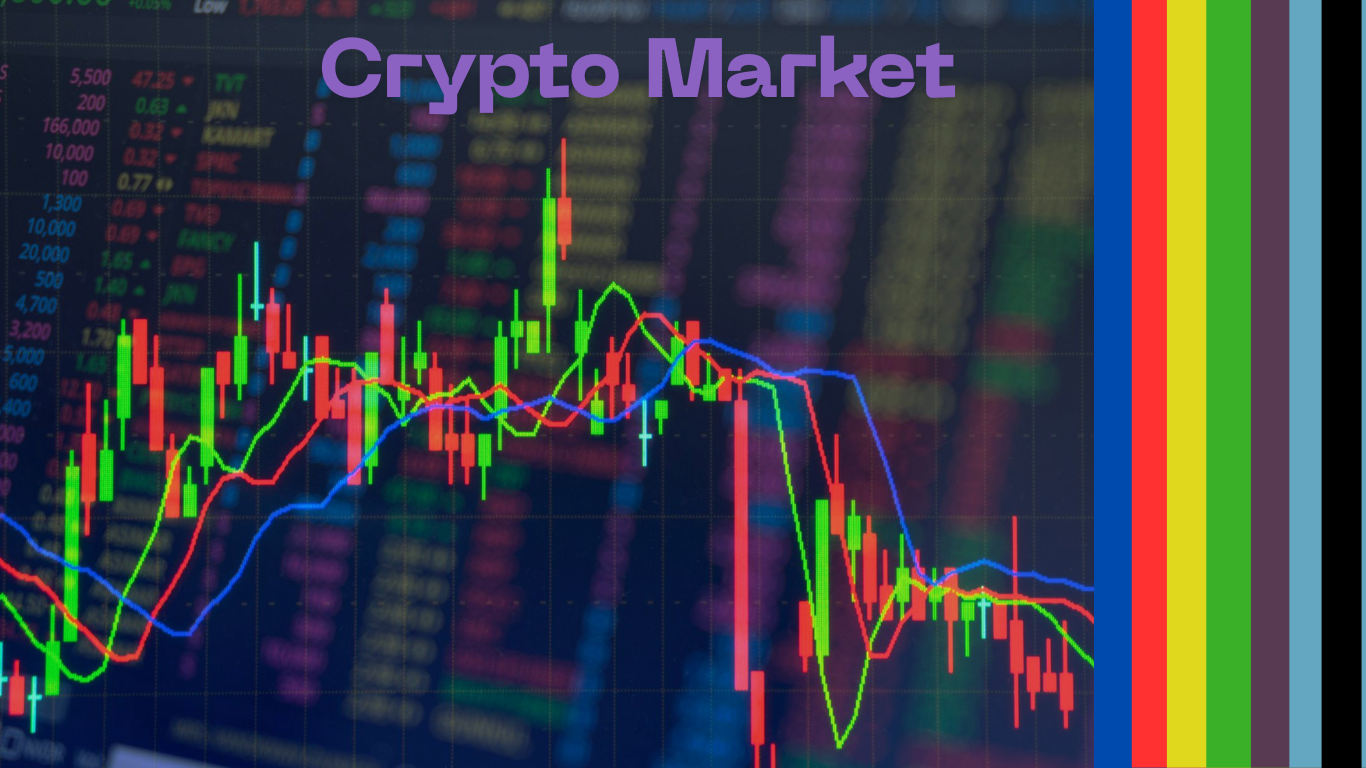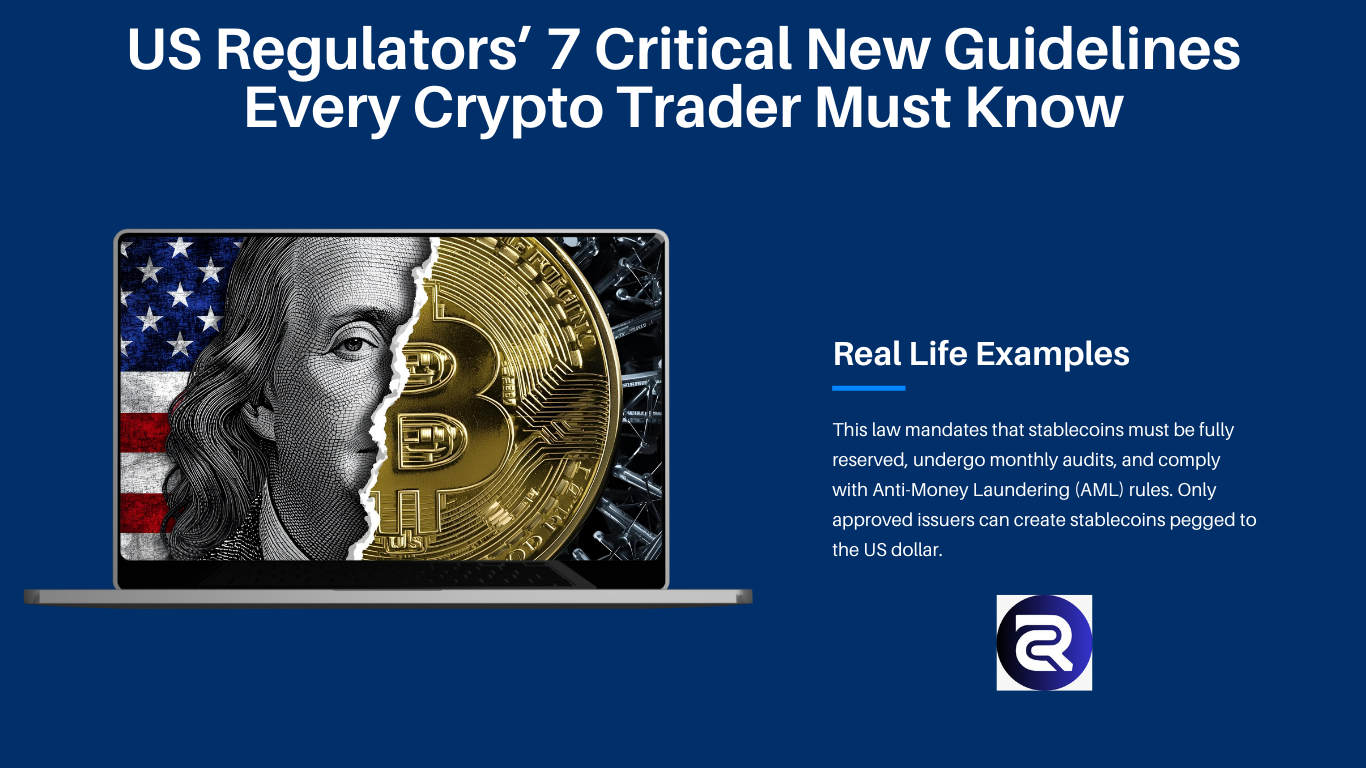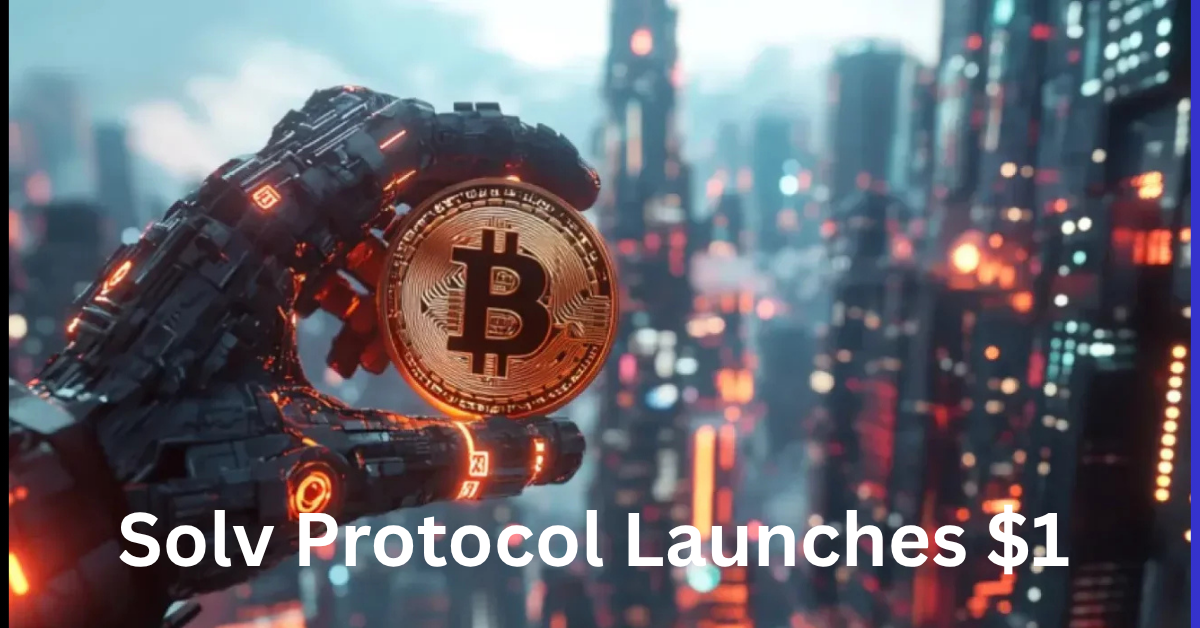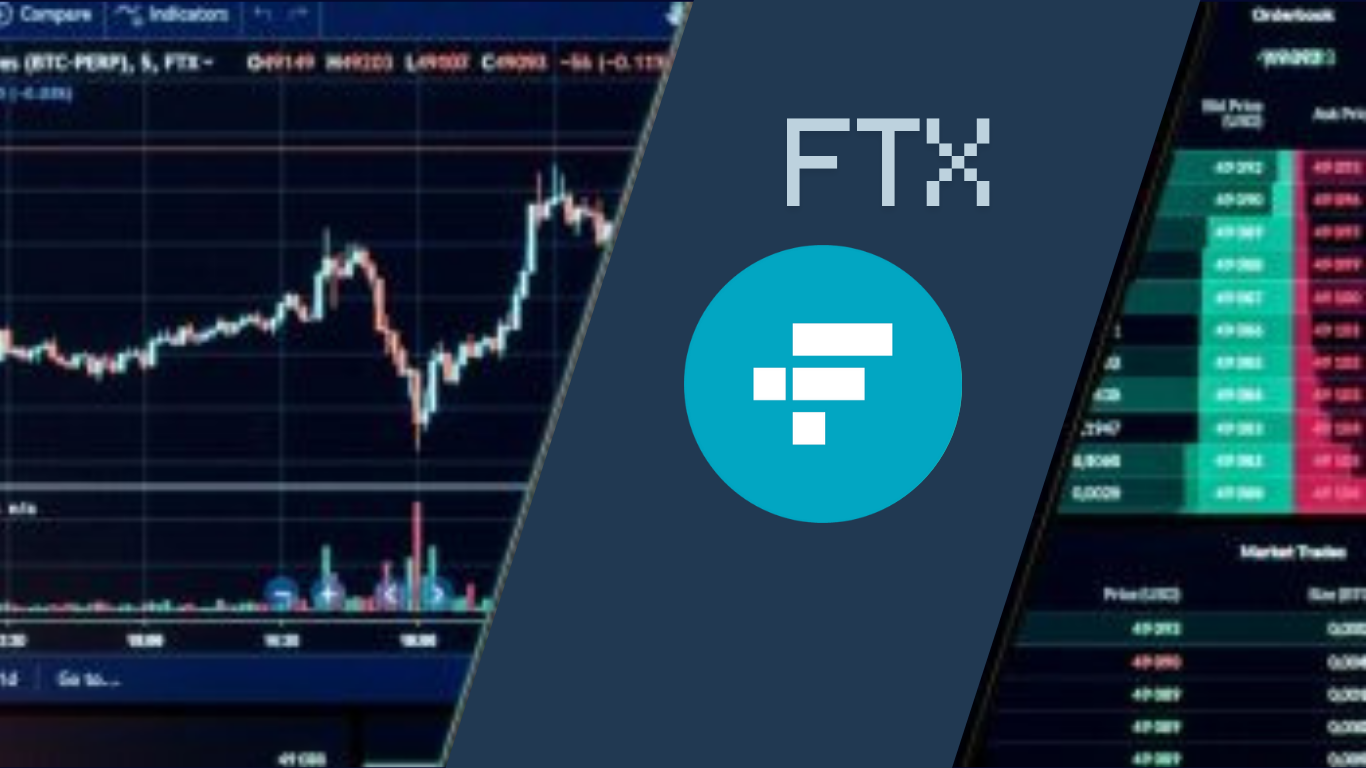Crypto market sentiment has cooled to neutral as the Fear & Greed Index hovers near 57. Discover what’s driving the shift, the risks, and opportunities ahead for Bitcoin, Ethereum, and altcoins.
Introduction
After weeks of enthusiasm, crypto market sentiment has shifted from “Greed” to “Neutral.” The Crypto Fear & Greed Index, which tracks investor emotions, now stands at 57, down from the high-60s last month. This cooling trend suggests that investors are taking a more cautious stance, weighing both bullish developments and macroeconomic uncertainty.
But does neutral sentiment signal consolidation before the next rally—or the start of a deeper slowdown? Let’s break down the forces shaping today’s crypto market.
Table of Contents
Why Has Crypto Market Sentiment Cooled to Neutral?
Institutional Flows Remain Positive, but More Selective
Institutional investors are still showing interest, particularly in Ethereum ETFs, which recently recorded billions in inflows. However, money is flowing more cautiously, with Bitcoin dominance near 59%, suggesting investors prefer BTC’s perceived stability over volatile altcoins.
Macro Factors Add Pressure
The latest U.S. inflation data came in hotter than expected, raising doubts about when the Federal Reserve will cut interest rates. Higher borrowing costs weigh on risk assets like crypto, making traders hesitant to push prices higher.
Regulatory Environment: Mixed Signals
While the Fed has eased some banking restrictions related to crypto, uncertainty remains around future regulation. Laws like the Genius Act and upcoming stablecoin legislation could either support growth or dampen sentiment depending on their scope.
What This Neutral Phase Means for the Market
A neutral index reading is not bearish—it reflects caution. Historically, such phases lead to consolidation where markets trade sideways until a stronger catalyst drives direction.
At present, the total crypto market cap hovers near $4.04 trillion, indicating resilience despite reduced optimism. Bitcoin’s dominance suggests that while altcoins may struggle, BTC remains the safer bet for institutional and retail investors.
What Could Happen Next?
Scenario 1 – Prolonged Consolidation
If no strong catalyst emerges, markets may remain sideways, with investors waiting for macro clarity or regulatory updates.
Scenario 2 – Bullish Breakout
A surge could follow positive developments such as:
- Clearer crypto regulation.
- Continued ETF inflows, particularly into Ethereum and altcoins.
- Network upgrades like Ethereum’s Pectra upgrade, boosting confidence in long-term growth.
Scenario 3 – Downside Risks
On the other hand, risks include:
- Sticky inflation delaying Fed rate cuts.
- Over-leveraging in Ethereum treasuries, as warned by Vitalik Buterin.
- Geopolitical instability dragging down global risk appetite.
Key Indicators to Watch
| Indicator | Why It Matters |
|---|---|
| Fear & Greed Index | Shifts toward fear or greed often precede major price moves. |
| ETF inflows/outflows | Signals institutional appetite for crypto assets. |
| Bitcoin dominance | Rising dominance = caution; falling dominance = risk-on appetite. |
| Regulatory developments | Policy clarity could fuel adoption—or spark sell-offs. |
| Macroeconomic data | Inflation, interest rate cuts, and global growth outlook shape overall risk appetite. |
Conclusion
The cooling of crypto sentiment to neutral signals a market pause rather than panic. Investors are cautious but not fearful, watching for catalysts such as regulatory clarity, institutional inflows, and macroeconomic trends.
In the short term, expect sideways trading and consolidation. Over the medium term, the market’s next direction will likely hinge on whether institutional momentum and regulatory support outweigh inflationary pressures and global uncertainty.
For now, crypto investors are advised to stay vigilant, monitor key indicators, and prepare for volatility once the market breaks out of its neutral phase.
FAQs
Q1: What does neutral crypto sentiment mean?
It means the market is balanced—neither overly bullish nor bearish—often signaling consolidation before a decisive move.
Q2: Is neutral sentiment good for investors?
Yes, it allows investors to accumulate, rebalance, or wait for stronger signals without facing extreme volatility.
Q3: What could trigger the next bullish rally?
Positive regulation, Ethereum’s upgrades, and stronger ETF inflows could push sentiment back to greed.
Q4: Could sentiment turn bearish soon?
If inflation stays high and interest rate cuts are delayed, sentiment could shift toward fear, triggering pullbacks.
Q5: Which crypto assets are safest during neutral sentiment?
Bitcoin often performs as the “safe-haven” asset, while Ethereum benefits from institutional adoption and network upgrades.
Stay updated with the latest news and alerts — follow us at racstar.in













